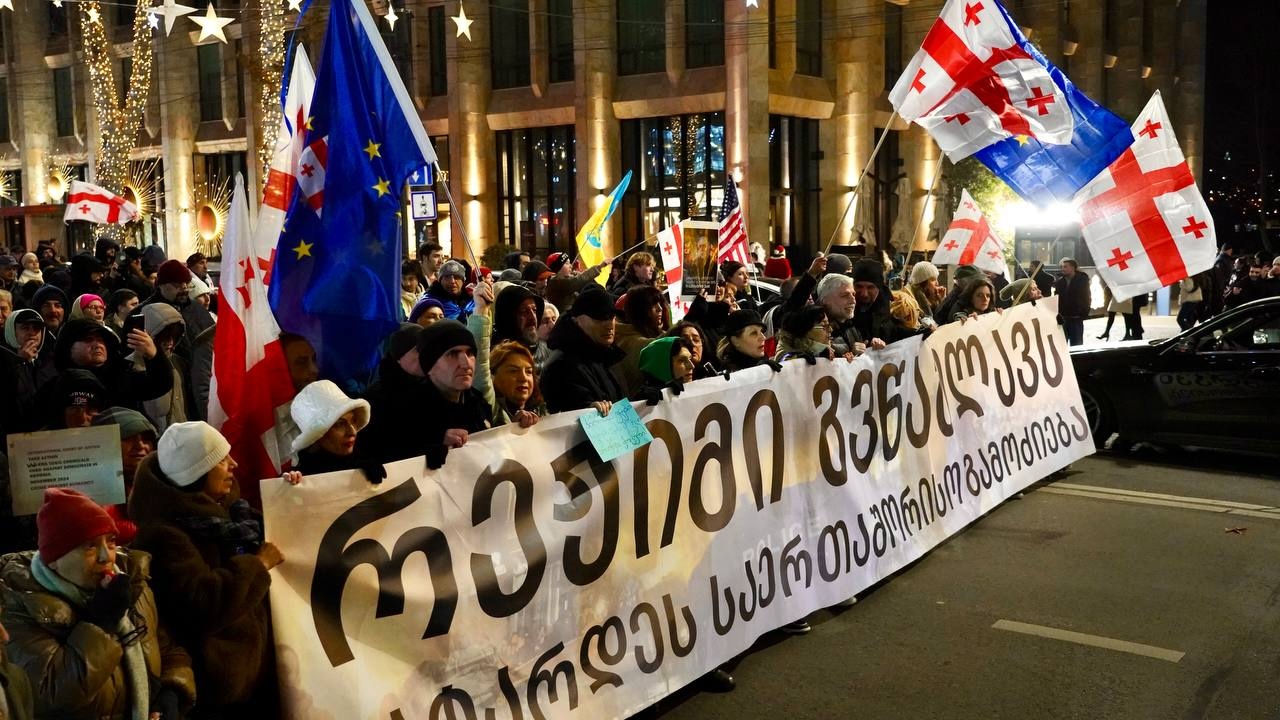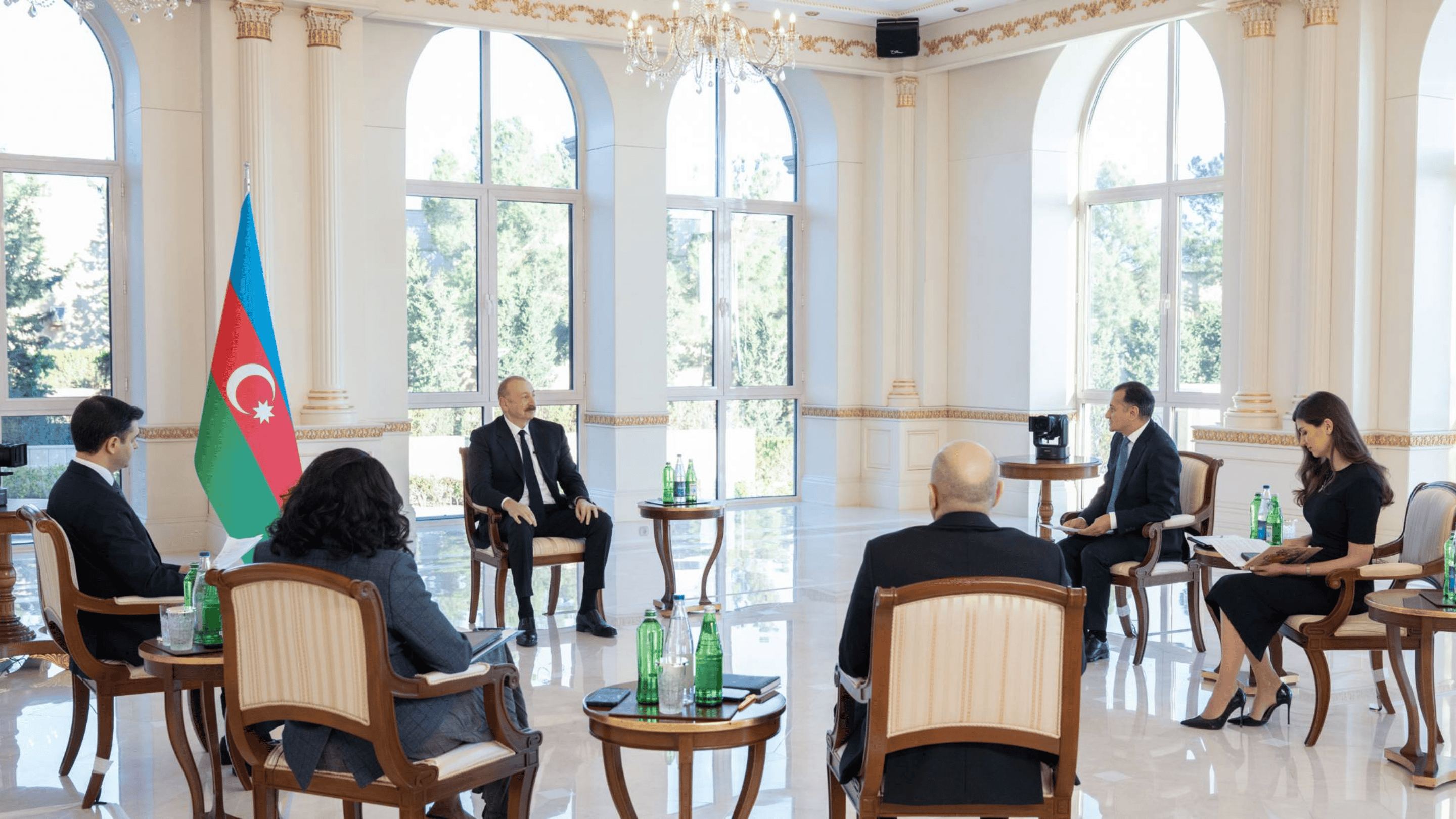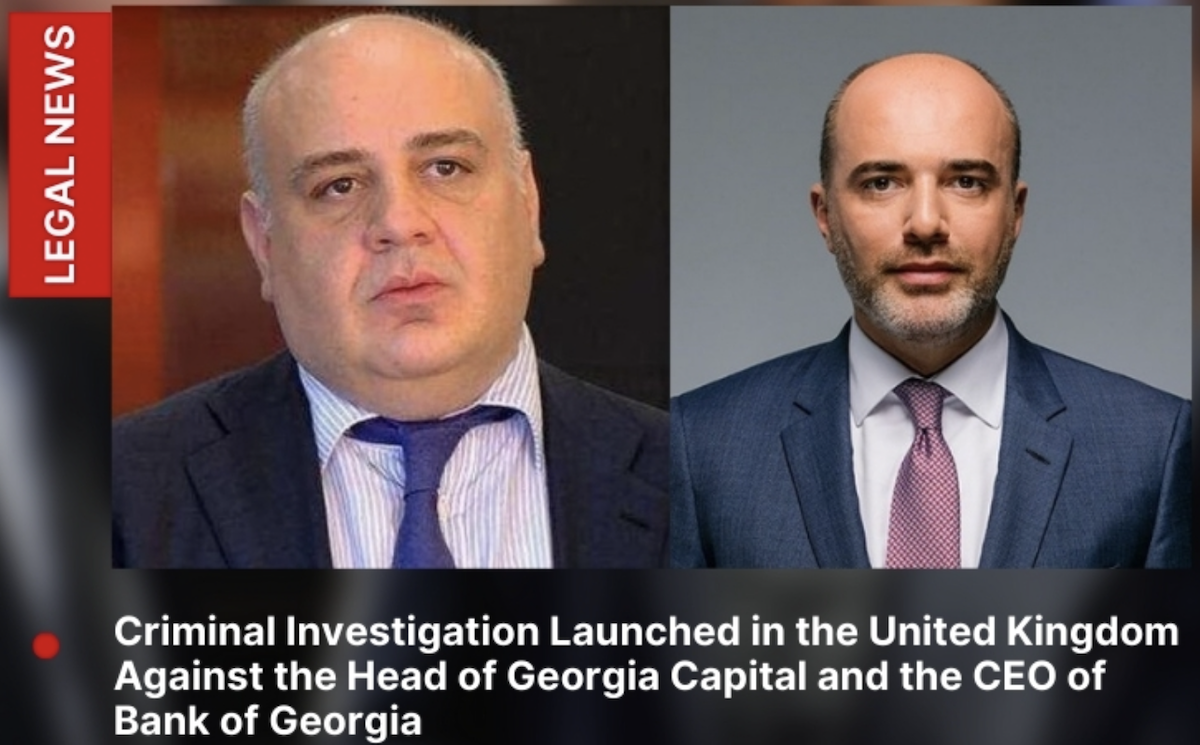Why does EU call for sanctions against oligarch Ivanishvili and what would it mean for Georgia?
EU member states to impose personal sanctions against Bidzina Ivanishvili
Ivanishvili’s sanctions
On June 8, the European Parliament adopted a resolution on Georgia calling on EU member states to impose personal sanctions on Bidzina Ivanishvili, the informal ruler of Georgia.
JAMnews has collected the main questions and assessments on this issue.
Have sanctions already been imposed on Ivanishvili?
No. This entry in the resolution of the European Parliament does not mean that sanctions have been imposed against Ivanishvili. Imposing sanctions is not within the competence of the European Parliament. The European Parliament, within its mandate, examined the situation in Georgia, gave it a tough assessment and, based on this situation, called on European leaders to impose sanctions on the main person responsible for the situation in Georgia.
-
What is written in the resolution of the European Parliament of June 8
On June 8, the European Parliament adopted a resolution initiated by five political groups on violations of media freedom in Georgia and the safety of journalists.
The resolution states that in recent years the situation in Georgia in terms of the media and the safety of journalists has deteriorated significantly.
The resolution condemns the growing cases of intimidation, threats, violence and harassment of journalists.
The European Parliament calls on the Georgian authorities to reconsider the verdict against the director of the opposition TV channel Mtavari, Nika Gvaramia. It also demands the release of ex-president Mikheil Saakashvili for medical treatment.
At the same time, the European Parliament supports the granting of the EU candidate status to Georgia and encourages the EU institutions to work towards granting this status to Georgia in accordance with Article 49 of the EU Treaty, provided that the Georgian government meets all the criteria.
The same resolution refers to Bidzina Ivanishvili. The European Parliament calls on the European Council and its democratic partners to consider imposing personal sanctions against Bidzina Ivanishvili.
For this recommendation to actually work, the consent of the EU Council is required. Sanctions can only be imposed by the European Council, which includes representatives of the executive branch of the EU Member States (heads of government or ministers). If the members of the Council of the European Union vote in favor, the sanctions will come into force after certain procedures. However, what kind of sanctions will be imposed and whether they will affect members of the Ivanishvili family is still unclear.
If sanctions are not imposed, what will change?
The resolution adopted by the European Parliament is a very important document for several reasons.
For the first time, a call to impose sanctions against Ivanishvili was made from such a high rostrum. The recommendation of the European Parliament means that the issue of possible sanctions against Ivanishvili is no longer taboo and is the subject of further discussion.
- European Parliament supports granting Georgia EU candidate status
- “Lack of political will” – Why Georgia does not join anti- Russian sanctions?
- Op-ed: Who is speculating on the fear of war in Georgia and why?
- ‘Not enemies’ – how Georgia welcomes emigrants from Russia and Belarus
In addition, the mention of sanctions in the resolution of the European Parliament delivers significant reputational damage to a businessman. Most likely, a person subject to the expected sanctions will be assigned an additional category of risk by banks or international companies. This means that it will be more difficult for Ivanishvili to carry out his business activities, may suspend or delay his transactions, etc.
The fact that the dossier in the European Parliament is a problem for Ivanishvili is confirmed by his lawyer Victor Kipiani.
Kipiani told Imedi TV that Ivanishvili’s business empire had been facing problems since the outbreak of the war in Ukraine:
“On February 24, these well-known events [the war in Ukraine] began, and from March 4, artificial obstacles were introduced for our business”, he said.
Kipiani says that the obstacles created for Ivanishvili were related to “ongoing geopolitical processes in Eastern Europe”.
The stormy reaction of the Georgian Dream team that followed this document testifies to the importance of the resolution.
The authorities do not shy away from clear assessments and open confrontation with European partners.
The chairman of the ruling party, Irakli Kobakhidze, said that the European Parliament resolution was a “result of fakes” and ‘worth nothing’.
Vice Speaker of the Parliament Archil Talakvadze said the resolution lacked fairness and contained distorted facts.
Deputy Dmitry Khundadze believes that Georgia should refuse to be a candidate for EU membership if it receives this status on unfair conditions listed in the resolution. “We should not sacrifice the dignity of the country for the sake of any status”, he said.
The deputies also make statements in support of Bidzina Ivanishvili. “He is a watchman, extremely loving of his country and people. His work sowed great love, and it was with this love that he earned the love of the Georgian people”, said MP David Matikashvili.
Georgian Dream says that Europe is trying to force the Georgian government into a war. What is EU actually asking for?
The resolution adopted by the European Parliament directly and specifically states what the Georgian government should do to improve the situation and further integrate with the European Union and obtain the status of a candidate for membership.
The resolution calls on the Georgian authorities to:
● Adhere to the highest standards of democracy, including the rule of law;
● Ensure the independence of the judiciary and fair trial;
● Ensure fundamental freedoms, including in the area of freedom of the media.
●Review the case of Nika Gvaramia, who was detained on “suspicious charges”.
● Release former President Mikheil Saakashvili from prison on humanitarian grounds so that he can receive proper treatment abroad.
In the context of the war in Ukraine, the document calls on the Georgian authorities to do more to protect their population from Russian disinformation, as the document states that Russian disinformation and information manipulation in Georgia has intensified.
What does this resolution mean for the country? Does this mean that Europe has turned its back on Georgia?
The document emphasizes that the sanctions required by the European Parliament concern Bidzina Ivanishvili personally, and not the country in general.
The document clearly separates the Georgian people, whose “legitimate aspirations deserve to be realized”, and the Georgian government, which must show and prove that it is politically ready to “implement the ambitious European aspirations of the Georgian people”.
The authors of the resolution justify the need to impose sanctions against Ivanishvili precisely by the fact that the oligarch and his sole rule impede the development of the country. According to them, Ivanishvili completely controls the government, “plays a destructive role in the political and economic life of the country”, and has personal and business contacts with the Kremlin.
Unlike Ukraine and Moldova, in the case of Georgia, MEPs did refrain from directly calling for Georgia to be granted candidate status. However, it was noted that the country should receive candidate status on the condition of the government’s compliance with the recommendations of European partners.
In addition, in public speeches, MEPs directly tell the Georgian government that it has time to rectify the situation, and, most importantly, ensure independence of the judiciary:
“We adopted a landmark resolution on Georgia. There is still time before the EU summit for Georgian politicians to start improving the situation”, German MEP Viola von Cramon tweeted. According to her, the three main tasks are reducing the polarization, improving the judiciary and stopping Russian disinformation.


















